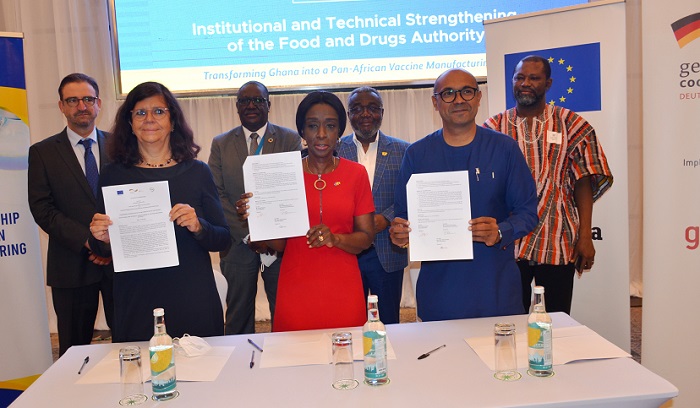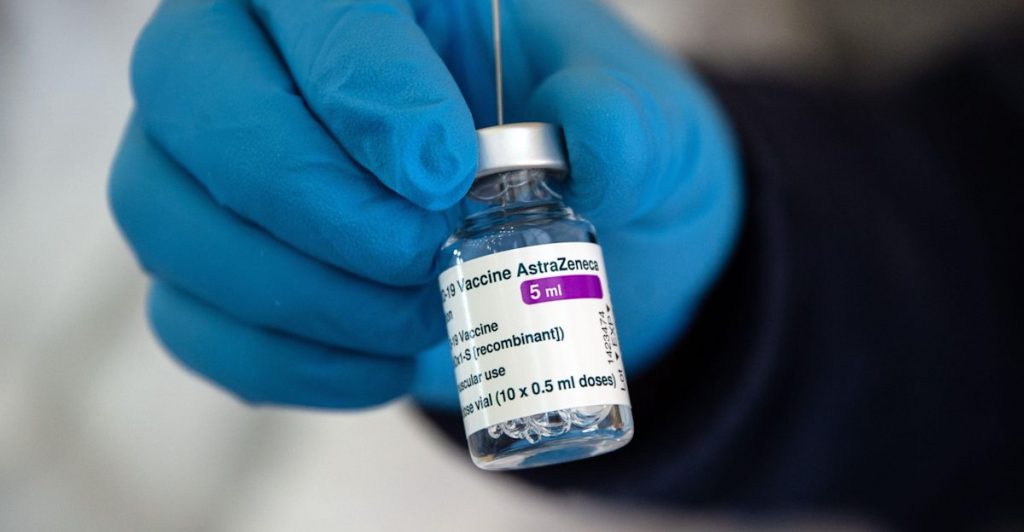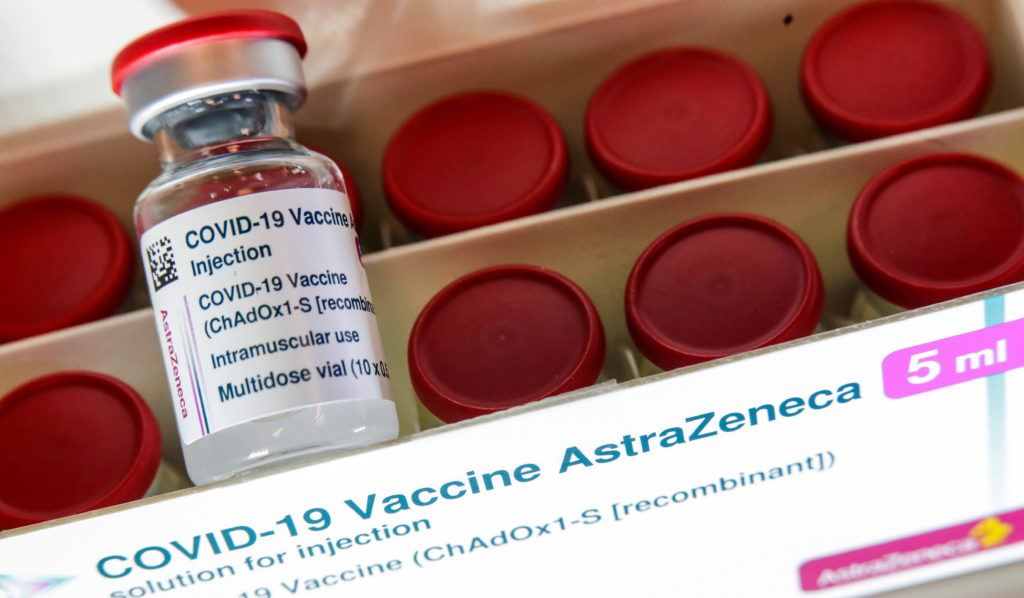According to Ghana’s Minister of Health (MoH), Dr. Ignatius Awinibuno, the first batch of COVID-19 vaccines would be produced in Ghana by early 2024.

The anticipated cost of the project with a signed 10-year roadmap and support from GIZ and the EU was 2.84 million euros. He said this at the Institutional and Technical Strengthening of the Food and Drugs Authority (FDA) project’s launch yesterday in Accra. He added that the project’s goal was to make Ghana a Pan-African hub for the manufacturing of vaccines, with FDA providing full regulatory oversight of the domestic vaccine industry.
Dr. Awinibunos, who spoke on behalf of the Minister of Health at the project’s launch, said COVID-19 had wreaked havoc on health systems and economies, which harmed people’s socioeconomic status and general health. “At least the COVID-19 vaccines are now available globally to successfully combat the pandemic, which is positive, but limited production has prevented enough deployment in Africa capacity and global supply chain issues,” he said.
Dr. Awinibuno asserts that despite having a multitude of resources available, Africa has rarely utilised them to create and produce vaccines. It is now time for the country to put into action a long-term strategy to develop domestic capabilities that would result in vaccine self-reliance. Claiming that “Ghana must enter the vaccine production industry to become a hub for manufacturing in the sub-region and to produce adequate vaccines for national use.”

To further advance our shared, overarching public health goal, Dr. Awinibuno urged all stakeholders to work effectively together to support the National Vaccines Policy’s implementation. Delesse Mimi Darko, the CEO of the FDA, made a brief statement during which she emphasized the significance of the nation’s vaccine manufacturing hub.
“Since we have a solid regulatory institution like the FDA to rely on, we would be the first nation to develop such a hub and work closely with Rwandans, ensure safety and quality,” she said. Mrs. Darko stressed that because the vaccines will be produced domestically, the FDA would need to buy a laboratory with superior specifications in order to be able to test the first batch.
In order to create high-quality vaccines that could be sold all around Rwanda, she said, “the money would enable us purchase more equipment for the lab and train more employees as well as Rwandans.” The project’s support from GIZ, according to Regina Bauerochse Barbosa, Country Director of GIZ-Ghana, is in line with Ghana’s prioritization of the pharmaceutical industry as a vital sector to develop.
She explained that GIZ was outfitting the office complex of the soon-to-be-established National Vaccine Institute in order to support Ghana’s ambition to become a nation that produces vaccines. Irchad Razaaly, the EU’s ambassador to Ghana, reaffirmed his organization’s assistance for Ghana’s initiatives in supply chain management, access to finance, regulatory reform, and research and development.














